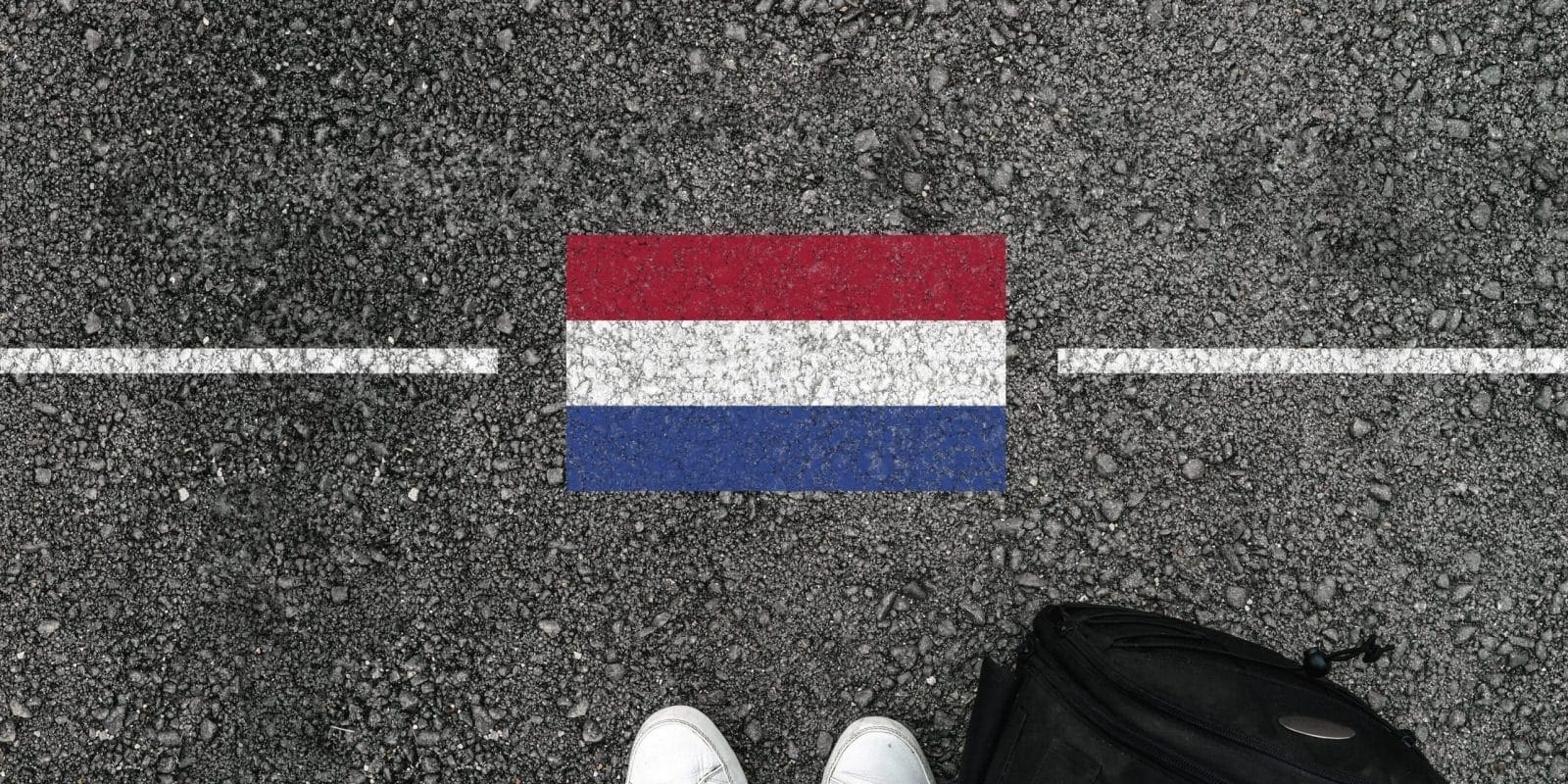
Every year we are in the top 3 of the best law firms in the Netherlands in the field of client satisfaction.

The specialists of the nationality desk at Kroes Advocaten have extensive experience in the field of nationality law. We advise on the following.
- How to become a Dutch citizen.
- How Dutch nationality can be lost.
- How you can regain your Dutch nationality as a former Dutch citizen.
- The options for keeping your original nationality.
- Possession of Dutch nationality. Perhaps you are Dutch based on ancestry. We can assess that for you.
The Dutch Citizenship Act (Rijkswet op het Nederlanderschap) contains many different grounds for acquisition and loss of Dutch nationality. Specialist knowledge is needed to properly apply these rules. We gladly assist by providing advice, submitting an application or conducting legal proceedings.
Dutch nationality can be obtained in different ways. For example by being born from a Dutch father or mother, via naturalization or by making an option statement. These different routes are discussed in more detail below.
After five years of lawful residence in the Netherlands, a foreign national can submit a request to become a Dutch citizen via naturalization. Persons who have lived together with a Dutch national for three years during a registered partnership or marriage can become Dutch citizens after three years. This request can also be filed from abroad. In that case, the applicant should not be living in their country of nationality. See also the extensive blog on this subject.
The shortened period of three years also applies to unmarried partners if they were living together with the Dutch national inside The Kingdom of The Netherlands for three years prior to the application.
Various general conditions apply to naturalization. The civic integration exam must be passed for example. In addition, the applicant must renounce his or her current nationality. Exceptions do exist. For instance in case the law of the country of nationality does not allow renunciation. Renunciation of current nationality is also not needed if you are in a marriage or a registered partnership with a Dutch national. Unmarried partners of Dutch nationals must renounce their original nationality.
The option procedure is available to certain groups of people. The procedure is mainly aimed at foreign nationals who have built long-term ties with the Netherlands. A substantial advantage of the option procedure is that no integration exam has to be taken. In most cases, it is also not required to renounce the original nationality. And the option procedure is shorter than the naturalization procedure: 13 weeks instead of 12 months.
A special group that qualifies for the option procedure are persons who were born before 1985 from a Dutch mother and a non-Dutch father. These persons did not obtain Dutch nationality at birth, because a mother could not pass Dutch nationality on to her child before 1985. Fortunately, the law has changed in the meantime. Since 1 October 2010 the so-called latent Dutch citizens can still become Dutch via the option procedure.
We have ample experience with this procedure. Contact us via e-mail for more information.
Have you lost your Dutch nationality after a long stay outside The Netherlands?
Perhaps you can regain Dutch nationality via the option procedure. Eligibility depends on the extent to which you exercised your right to reside in an EU Member State other than The Netherlands. The Dutch authorities must assess if loss of your Dutch nationality has consequences for your rights as an EU citizen.
Exemptions from some of the conditions for naturalization can be granted in special cases. For example, exemption from the requirement of residing in The Netherlands for five years. The Dutch Citizenship Act refers to 'very special cases'. Substantial Dutch interests must be served by derogation from the general rules.
This procedure is widely used for elite athletes. They are able to obtain a passport more quickly so that they can represent the Dutch national team.
Kroes Advocaten has assisted many top athletes with acquiring Dutch nationality.
Dutch nationality law has traditionally pursued singular nationality. In most cases, the original nationality or nationalities must be renounced.
Exceptions do exist. Our lawyers can provide you with advice. Contact us via e-mail for more information.
Has your Dutch nationality been revoked? Is that justified? Our lawyers can assess it for you. We can also represent you in proceedings against the revocation.
We have also assisted many clients who lost their Dutch nationality automatically (‘by law’) without knowing it. In certain cases, loss of Dutch nationality is only discovered when applying for a new Dutch passport at the Dutch embassy or consulate general abroad.
It is important that you know your rights in these immensely stressful situations. We can advise you.
Do you have questions? You are welcome to contact our nationality desk.
